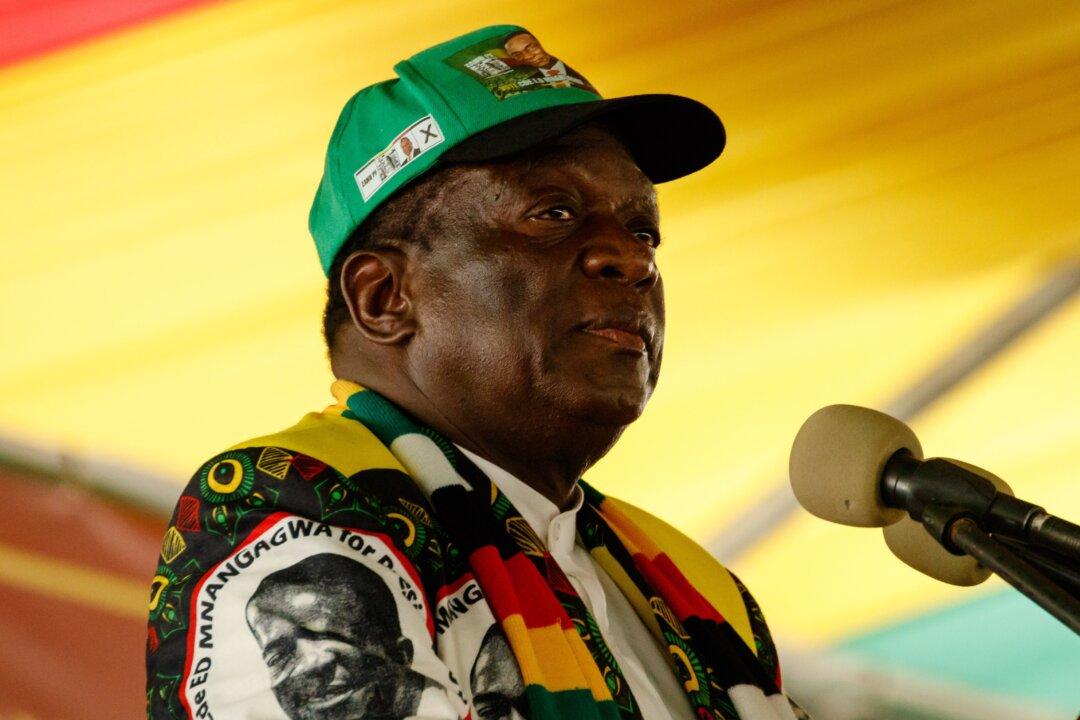JOHANNESBURG—On the streets of Harare, people are calling it “fool’s gold,” referring to Zimbabwe’s ZiG (Zimbabwe Gold) currency, officially launched on 8 April as the latest attempt by the ZANU-PF government to rescue its failed economy.
“Zimbabwe is a mafia state characterized by rampant inflation. It is effectively a laundromat for illicit gold smuggling, so it seems appropriate that its gangster government has adopted a version of the gold standard to bolster its imploding currency [the Zimbabwe dollar],” said Ed Stoddard, one of Southern Africa’s top financial writers.





